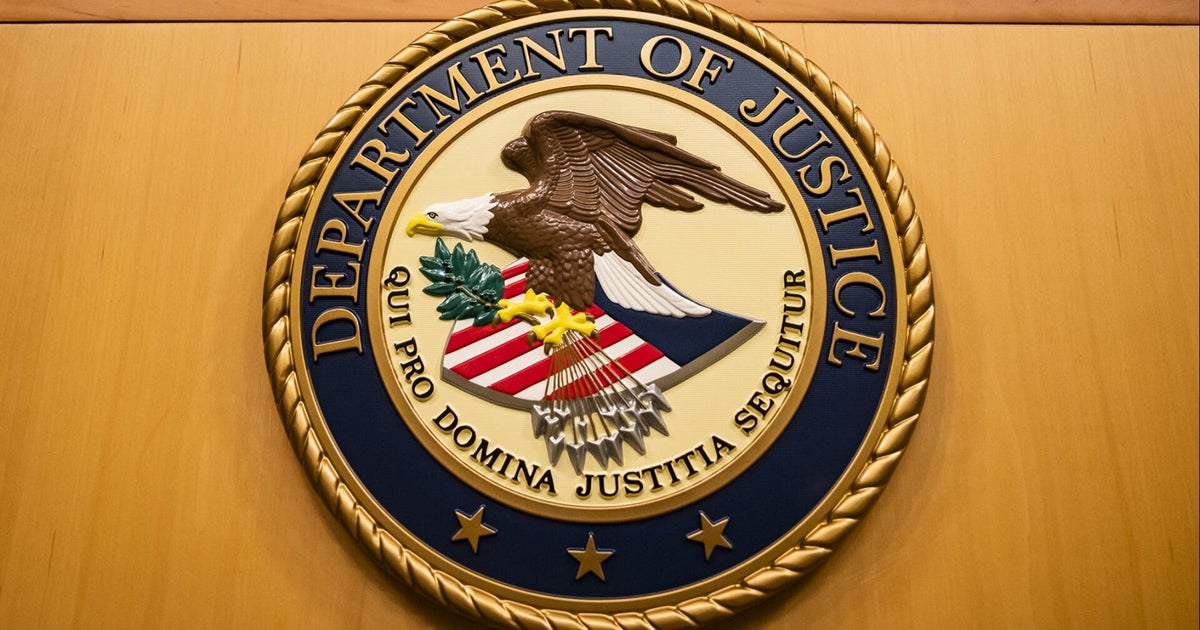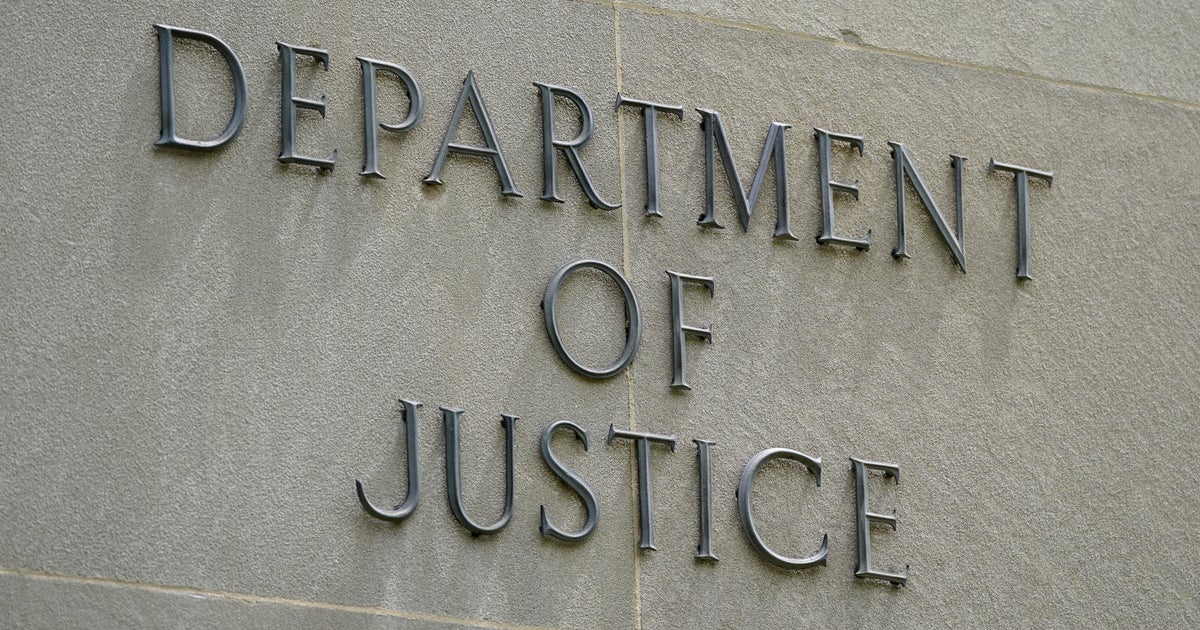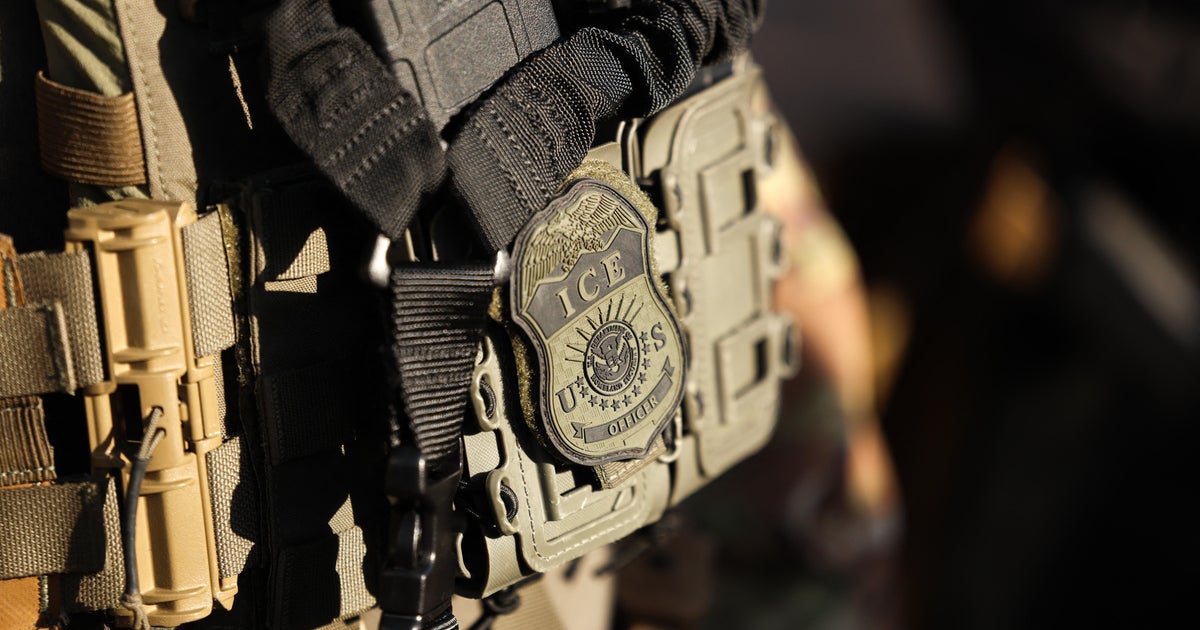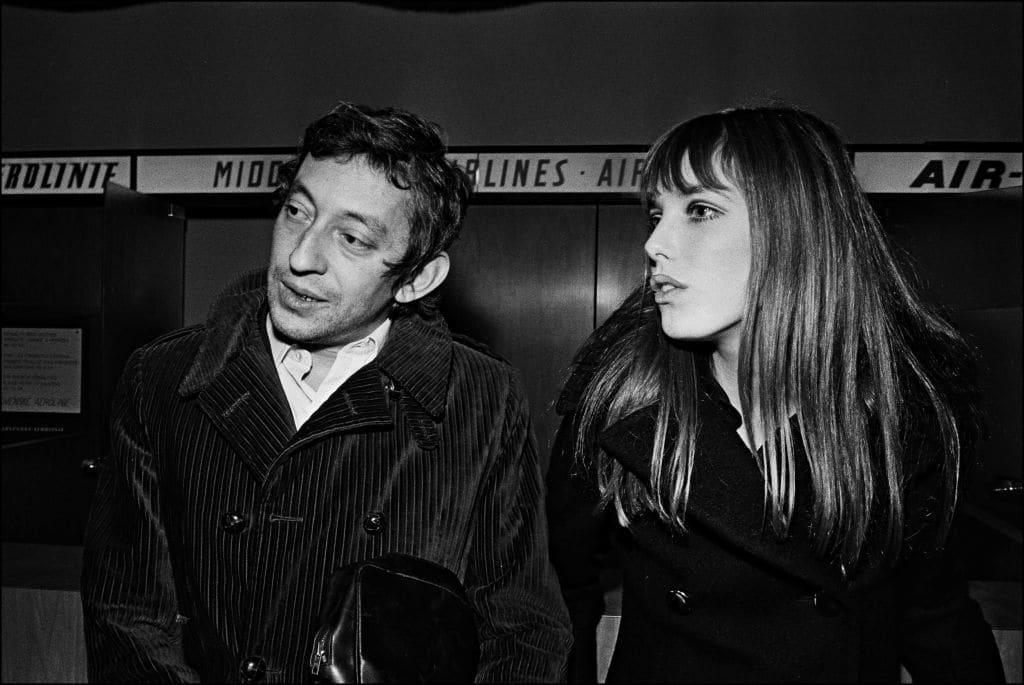Cleveland pushes back on police body cameras for off-duty jobs
CLEVELAND -- When the Cleveland police department asked for volunteers willing to wear their city-issued body cameras while moonlighting, none of the 630 officers authorized to work part-time stepped forward -- no surprise given union opposition to the idea and many of the reform efforts required under a court-monitored agreement with the federal government.
In a rare show of unity between Cleveland and police unions, the city administration also opposes the off-duty body camera requirement being pushed by the independent monitor who answers to U.S. District Judge Solomon Oliver Jr. The city last week asked the judge to not require officers to wear body cameras during secondary employment.
City attorneys said during a January hearing that there are "significant administrative and financial considerations" when cameras are used during secondary employment. Among them are potential overtime costs for officers to return cameras to the station for charging and uploading videos after finishing their part-time work, the attorneys said.
A police union official had told his members that completing those tasks while being paid by the city would be tantamount to theft in office.
Greg White, the former U.S. attorney and federal magistrate who coordinates implementation of the agreement for Cleveland, declined to comment Tuesday, saying the court filing speaks for itself.
The agreement, called a consent decree, was reached in May 2015 between Cleveland and the U.S. Department of Justice after a federal investigation concluded that Cleveland officers had shown a pattern and practice of using excessive force and violating people's civil rights. The consent decree did not mandate that Cleveland officers wear body cameras, but required the city to submit a written policy if officers use them.
The investigation was the same kind of probe the Justice Department launched into the Ferguson Police Department after one of its officers, Darren Wilson, shot and killed Michael Brown, an unarmed 18-year-old.
City plans for buying body cameras predated the consent decree by several years. The cameras were first given to officers in early 2015 and have been credited with a significant drop in citizen complaints.
Monitor Matthew Barge has argued it makes sense for uniformed officers to wear body cameras. He said most people attending Cleveland Cavaliers and Cleveland Indians games, for example, don't realize officers are being paid by the teams and not the city.
Barge noted that lawsuits filed because of officers' actions while moonlighting have cost the city significant sums of money. He said he will file a response to the city's request to Oliver in the next few weeks but wouldn't comment further.
Police Chief Calvin Williams sent a departmental notice to officers April 17 seeking volunteers for the pilot program. The notice included a caveat that no overtime would be paid to participants.
The president of the Cleveland Police Patrolmen's Association a week later sent a letter to members, who comprise about two-thirds of the city's 1,500 officers, noting that "official union policy" requires them to refrain from "volunteering for anything with regard to work."
Steve Loomis' letter told his membership that uploading video recorded during secondary employment while officially on the clock "could meet the elements of theft in office."
The head of the union that represents officers in the rank of sergeant and above also expressed concerns about off-duty use of cameras.
The Cleveland Community Police Commission, an advisory group of residents required by the consent decree, issued a statement Tuesday saying it is "firmly in support" of a requirement that officers wear body cameras while moonlighting.
"The commission strongly recommends if police are acting under the color law, they should be held to the same standards of accountability as if they were on duty," the statement said.





